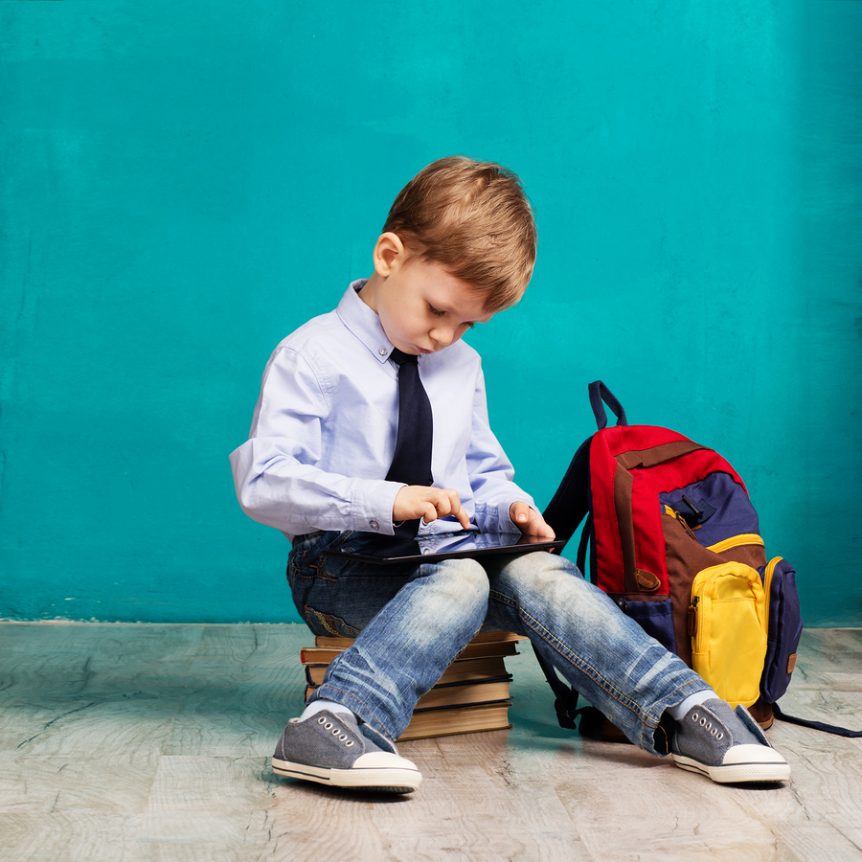We all know divorce is hard on children, especially where parents – wittingly or not – involve the children in their conflict. Our firm’s strong policy is to do whatever we can to keep children out of the middle. To that end, we don’t ask children to express a preference about the big questions of custody and parenting time until and unless they are old enough to demand to be heard or in some rare circumstances where a child is endangered and needs to be heard for his or her safety.
Despite everyone’s best efforts, though, it is can be the small things that put the children squarely in the middle of their parents’ discord, creating stress for both the parents and the children. One such detail is transporting the children’s belongings between households.
It’s classic: Mom feels she has spent scarce resources making sure the children wear clean clothes and have suitable toys or sports equipment, only to have those items disappear when the children fail to return them from Dad’s after parenting time. Dad feels he is conscientious about checking the child’s Parent Portal and helping him keep track of school projects or assignments, only to have his efforts undermined when projects or assignments don’t make their way back to home or school from Mom’s house.
The best solutions are always child-centered. Parents need to work together to enable their children to negotiate two households in an organized and unstressed manner. If possible, meet with your co-parent and have a frank discussion about what will work best for you and your children. Prepare a game plan and include it in your Parenting Plan. For instance, when your child comes to you for your parenting time, at bedtime keep the clothes she wore from the other parent’s home in a separate bin. Make sure those clothes get laundered and returned, either by the child wearing them home or folded and stowed in her backpack.
Children may have an emotional attachment to a toy that transcends households. That toy should always be placed in the child’s backpack for return to the other household. Remember: a toy with special meaning truly belongs to the child, not to you or your co-parent. Ideally, you should both respect your child’s affection for that special toy rather than focusing on which parent purchased the toy.
With regard to homework and school- or sports-related equipment, while you can and should foster your child’s independence in completing homework and keeping his equipment in good shape for practices and games, be empathetic to how bewildering it may be for a child – even an older child – to keep track of myriad details between the two households. One solution might be a preprinted checklist that you keep in a designated spot for your child. She can quickly check off “Homework,” “Special Projects,” “Soccer Pads,” Basketball Jersey,” and the like while packing her backpack for transitioning to her other parent’s house. Leave blanks to fill in for those times when out-of-the-ordinary items are going back and forth. The key is to make the checklist part of the routine.
What will work for one set of parents will not work for another. The goal is to make transitions more orderly and less stressful for all concerned, but particularly for your child. While both parents should cooperate in moving the children’s items back and forth between homes, both parents also need to be realistic – sometimes things get lost, sometimes things get mislaid, and sometimes things just don’t come back when you want them to. It’s important to keep the big picture in mind – is your child relaxed when he comes home, rather than worried about missing a pair of socks or a toy you purchased for him? Is your child’s homework packed and ready for review or turn-in at class the next day? Is she ready to hit the practice field with all her equipment clean and ready for action? Then you and your co-parent are truly doing something right. Putting together a plan that works for both of you can help you meet that goal.
This article contains general legal information and does not provide legal advice. For legal advice, please contact us.

